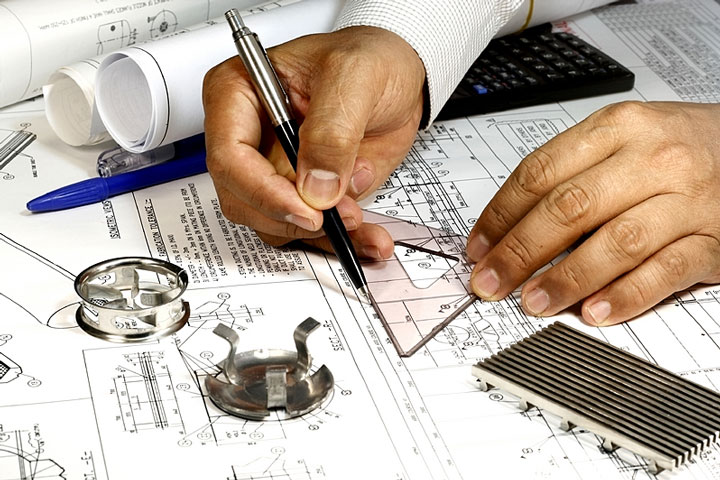

Mechanical Engineering Education and Careers
Naief Khatri

The diverse field of mechanical engineering is also one of the oldest engineering disciplines. Drawing upon material science and principles of physics, the field is concerned with mechanical systems. It encompasses all stages of design, production, maintenance and the development of new products and materials. If you want to obtain an education that allows you to design or produce influential technology for the future, consider mechanical engineering.
Mechanical Engineering Programmes and Degrees
Typically four years in length, the Bachelor of Technology (B. Tech) or Bachelor of Engineering (B.E.) degree in mechanical engineering is an important first step towards becoming a mechanical engineer. The prerequisite to entering a program is usually the higher secondary school certificate and experience in physics, chemistry and maths. The difference between the B. Tech and B.E. is small, with B.E. emphasizing theoretical aspects of courses and B. Tech emphasizing the practical aspects. Completion of either degree can be valuable to your future career.
When considering colleges, check that they are recognized by UGC (University Grants Commission of India) for university status. More specifically, AICTE (All India Council for Technical Education) approves technical education programs. If you ultimately plan to teach mechanical engineering at the university level, AICTE designation of your college is essential.
Programs in mechanical engineering generally cover a curriculum including heat transfer and thermodynamics, design and manufacturing and fluid mechanics. Maths and computer skills are usually a part of coursework, in addition to specialized courses that allow you to specialize in a certain sector. Manufacturing and design is also an aspect of engineering that may be covered during your education.
Higher study in mechanical engineering may lead you to additional careers, including nanotechnology or robotics. Your score on GATE (Graduate Aptitude Test in Engineering) helps determine the options open to you.
In addition, there are several post-graduate options beyond the college degree, including the M.Tech and Ph.D. The MBA is another path for B. Tech or B.E. graduates. Whatever school or program you choose, a degree in mechanical engineering could potentially lead to a variety of career options.
Careers in Mechanical Engineering
As a graduate of a mechanical engineering program, the many sub-fields of engineering potentially open to you include the following:
- Aerospace: Includes the design and construction of spacecraft or aircraft.
- Automotive: Design, production and operation of cars, trucks, buses and motorcycle.
- Electrical: Organizes power distribution, fire alarms and telecommunication to buildings.
- Fuel Economy/Emissions: Measures fuel efficiency.
- Safety: Assesses crash scenarios through crash test dummies, computer simulation and vehicle crashes.
While for the most part mechanical engineers work in manufacturing, other jobs are available in administration, management, research, technical sales, or teaching. The Indian Society of Mechanical Engineers lists sub-fields of the discipline to get you started.
For students interested in an education with a variety of career options, mechanical engineering might be the right next step.
Related Links

Latest
Articles
CBSE Compartment Result 2023 OUT: Click For Direct Link
Home CBSE Compartment Result 2023 OUT: Click For Direct Link The CBSE 10th Compartment Result 2023 is expected to be
IIT Roorkee Launches Professional Certification Program in Product Management
Home IIT Roorkee Launches Professional Certification Program in Product Management The fees five-month long programme is for Rs 1,40,000 +
Join Our Whatsapp Community
Lorem ipsum dolor sit amet, consectetur adipisicing elit, sed do eiusmod tempor incididunt ut labore et dolore magna aliqua. Ut enim ad minim veniam, quis nostrud







